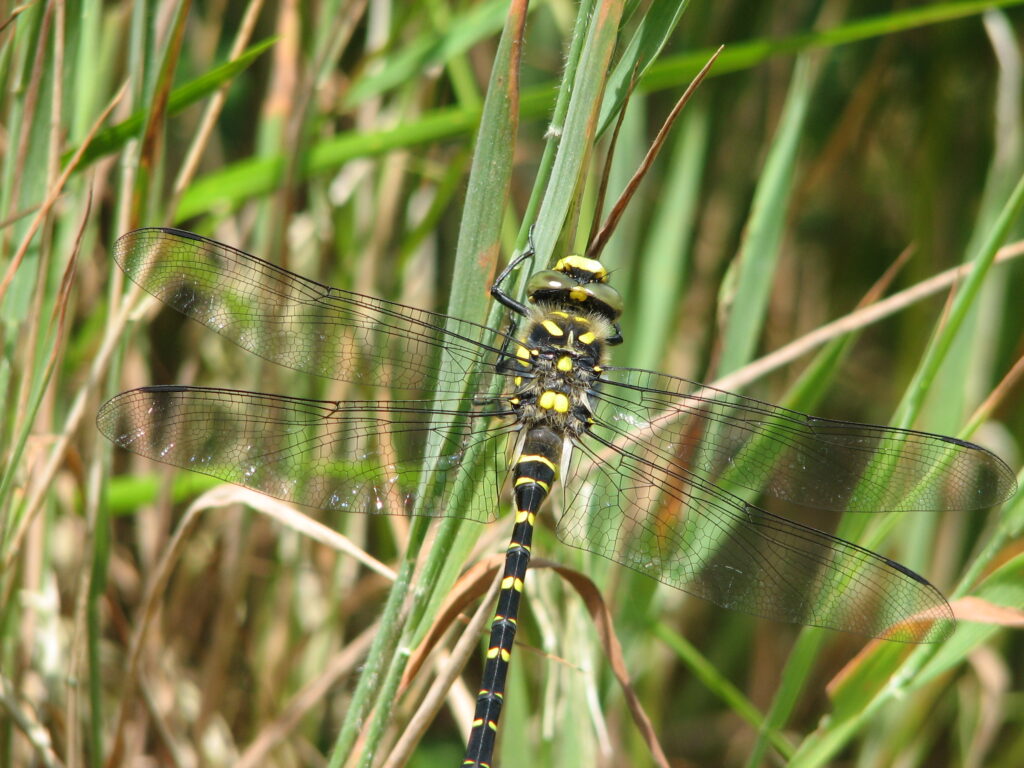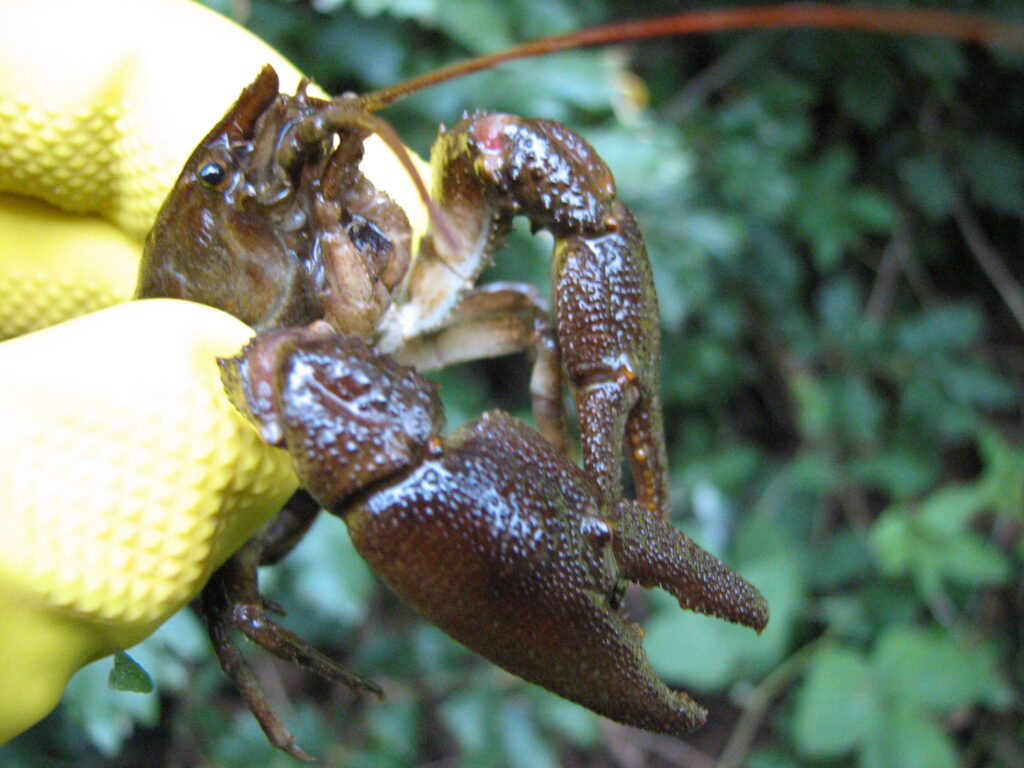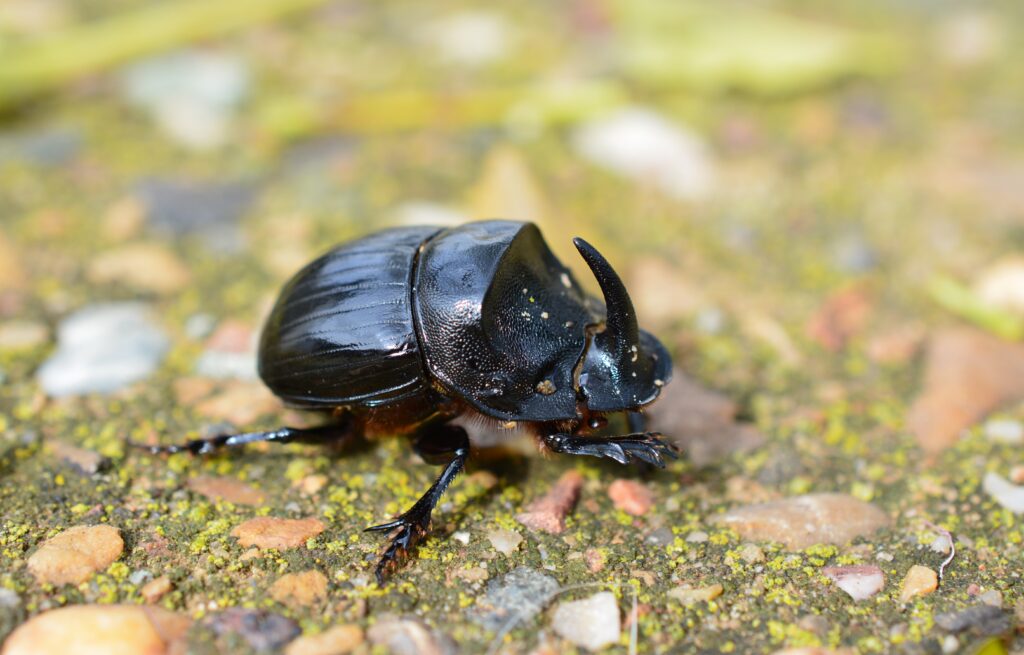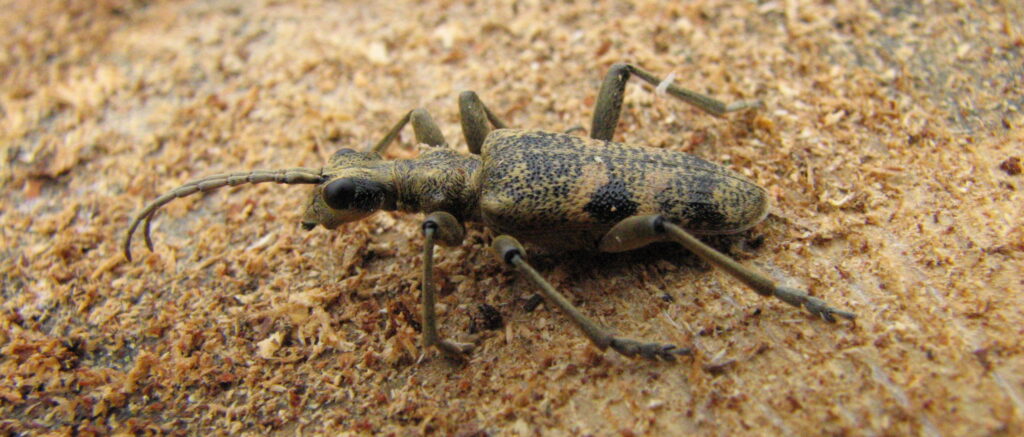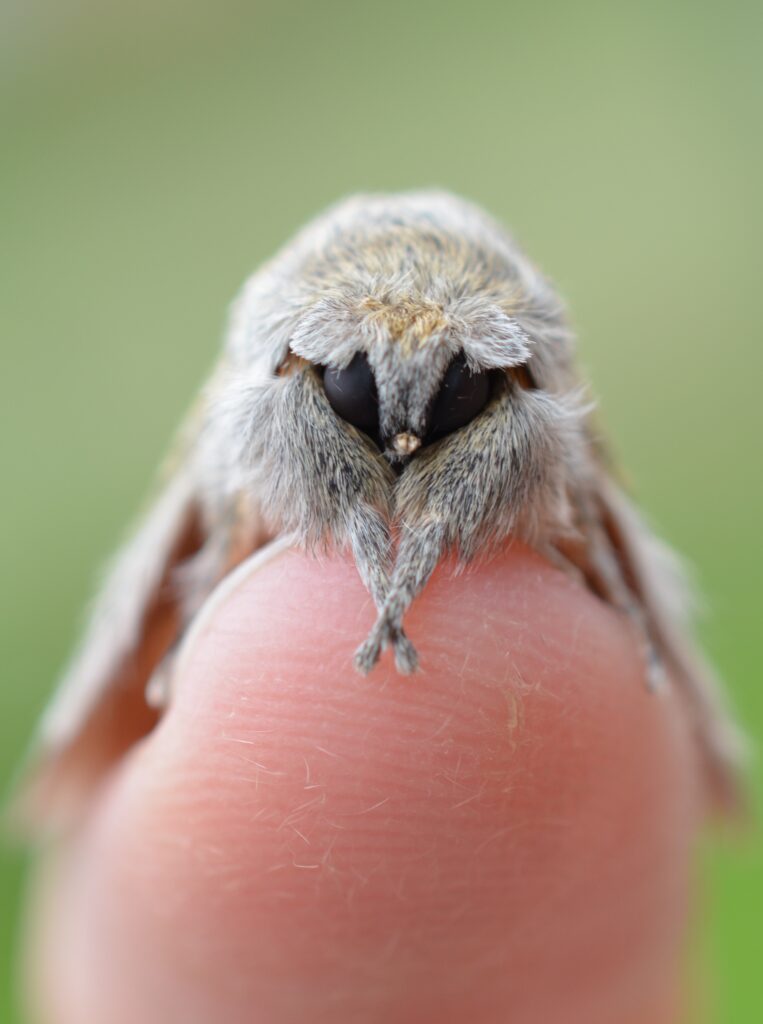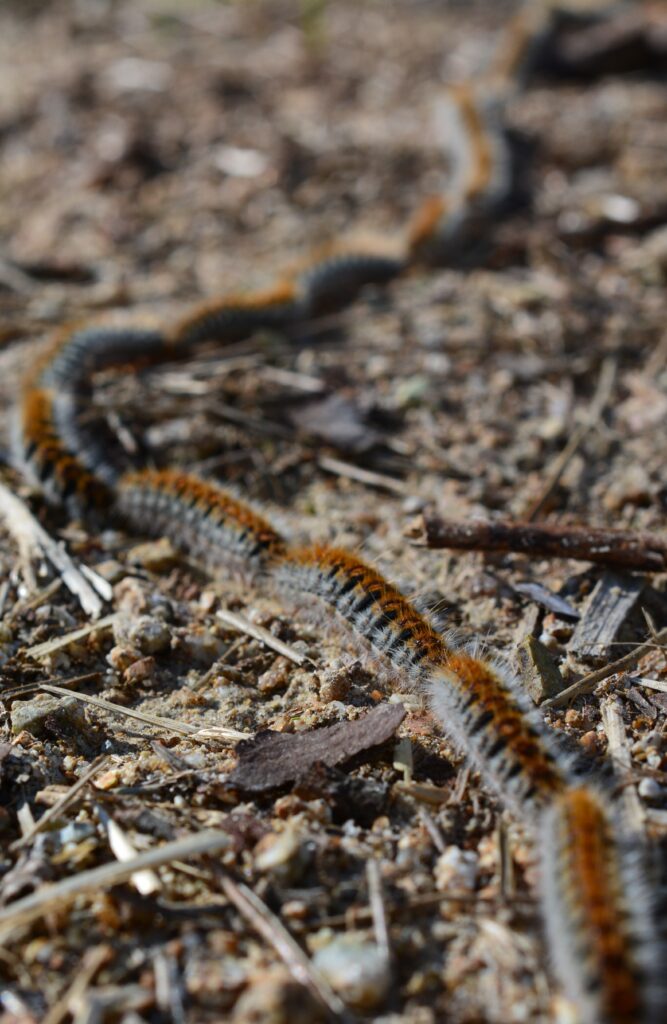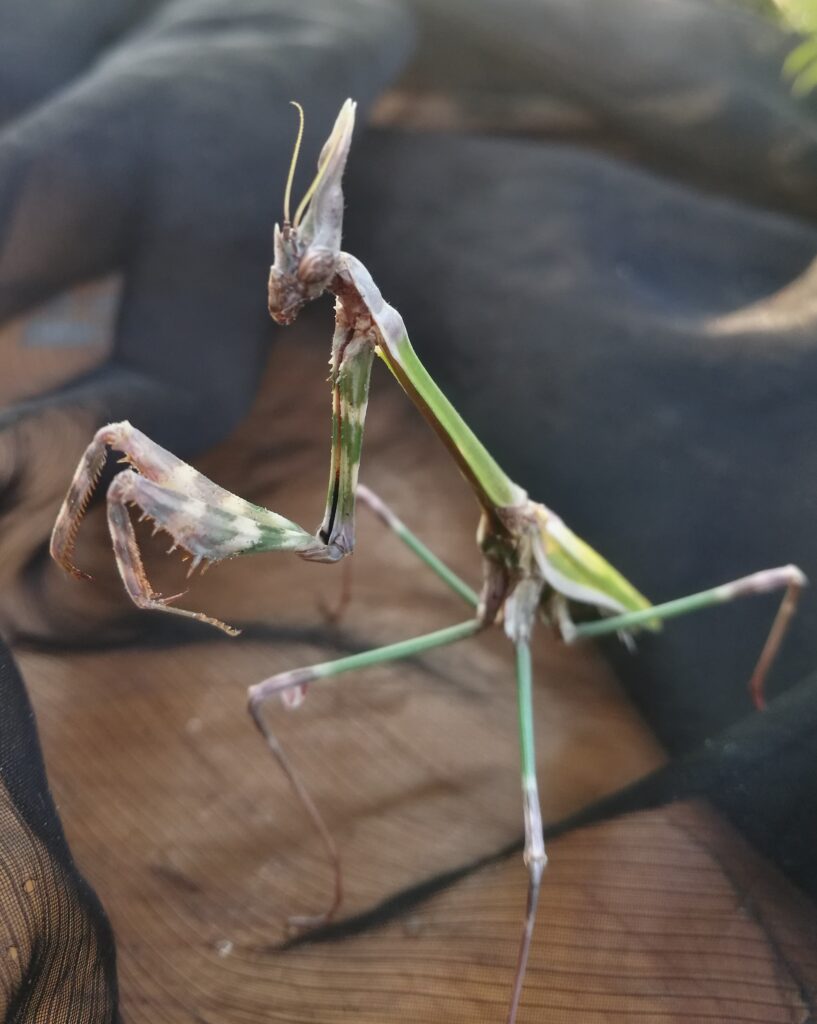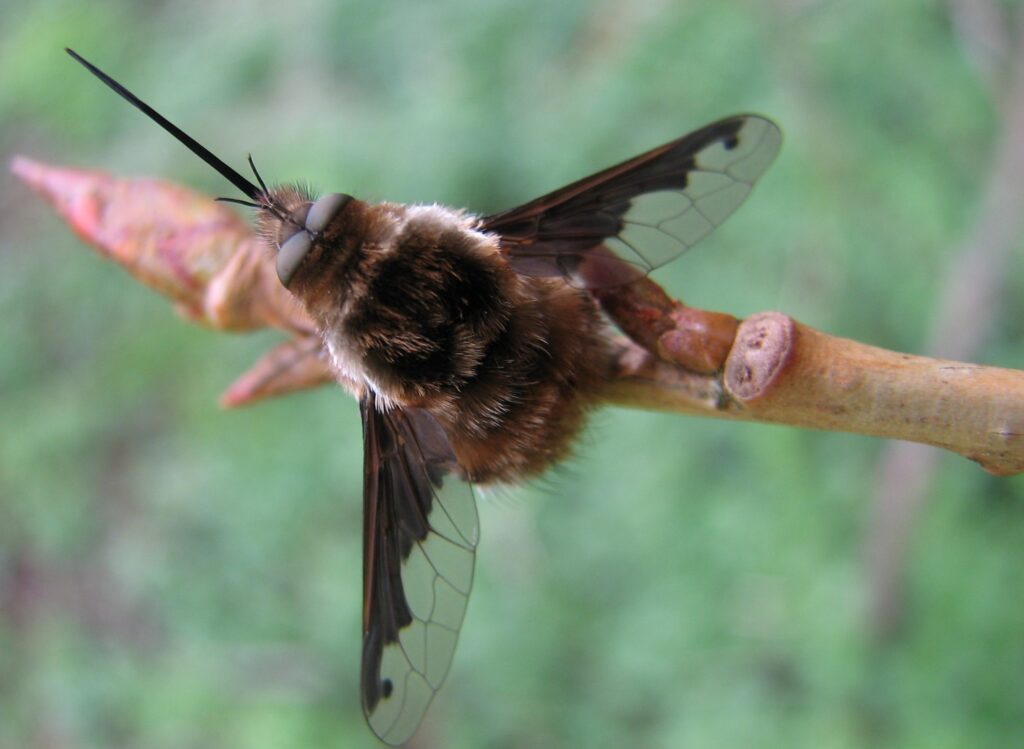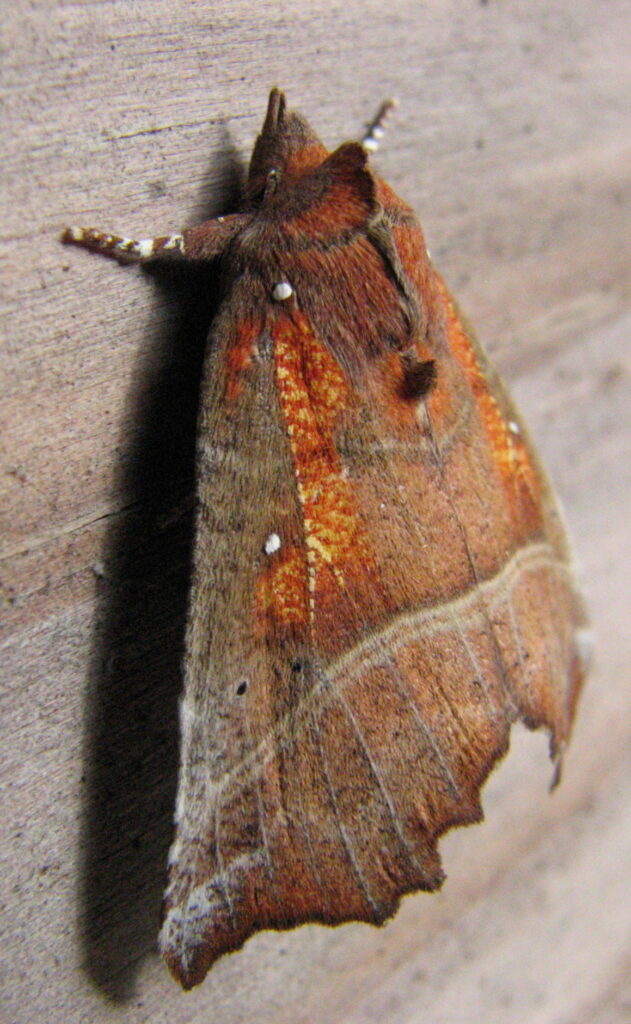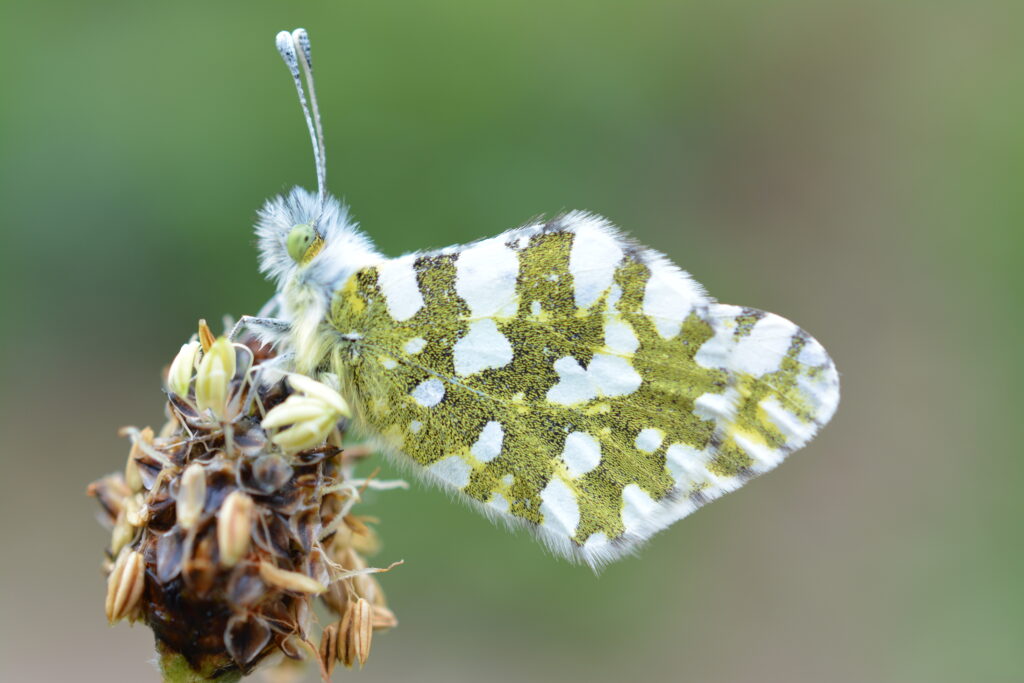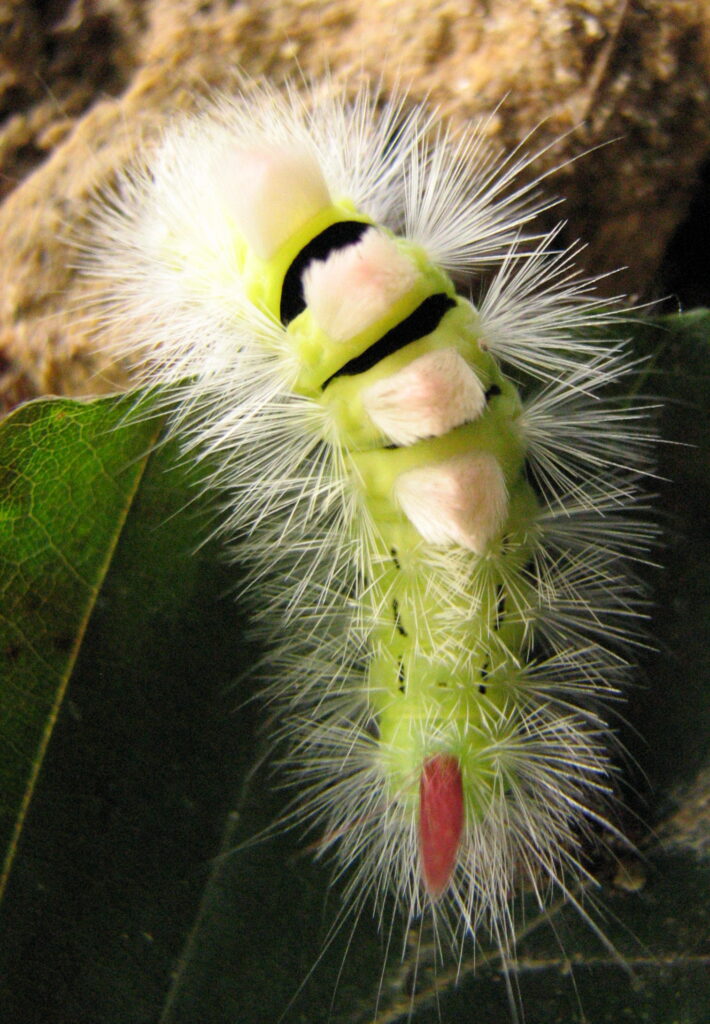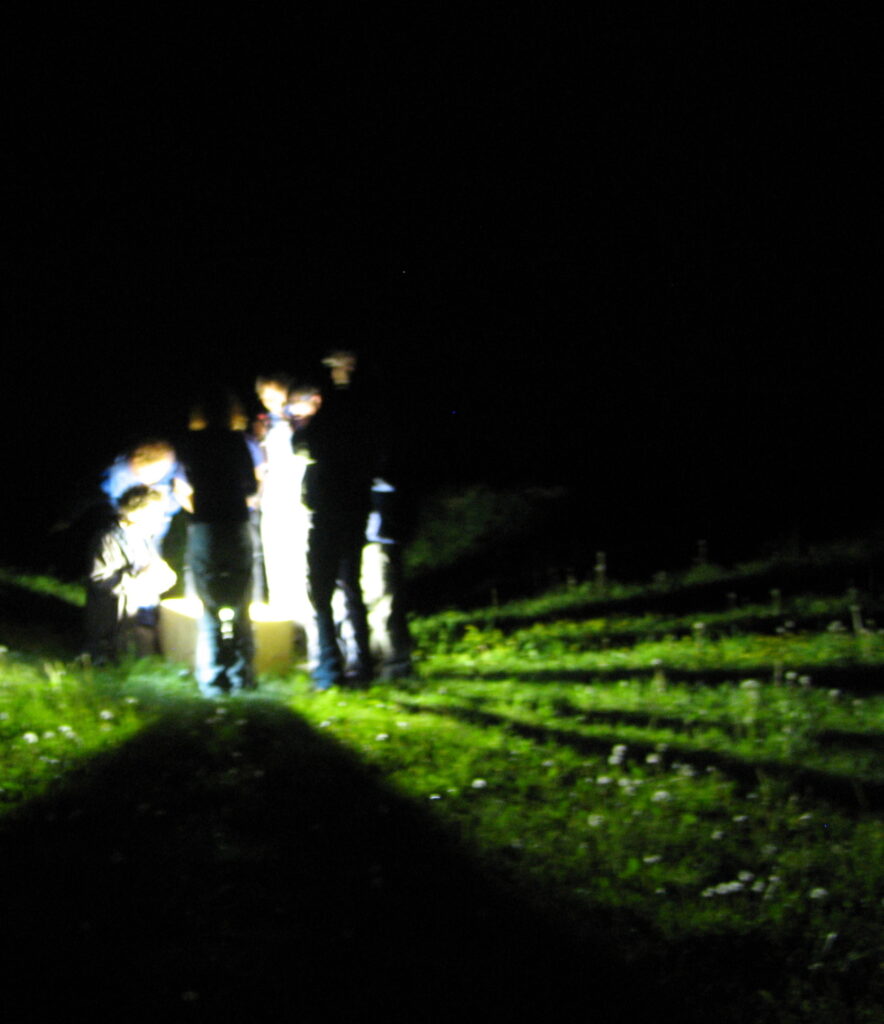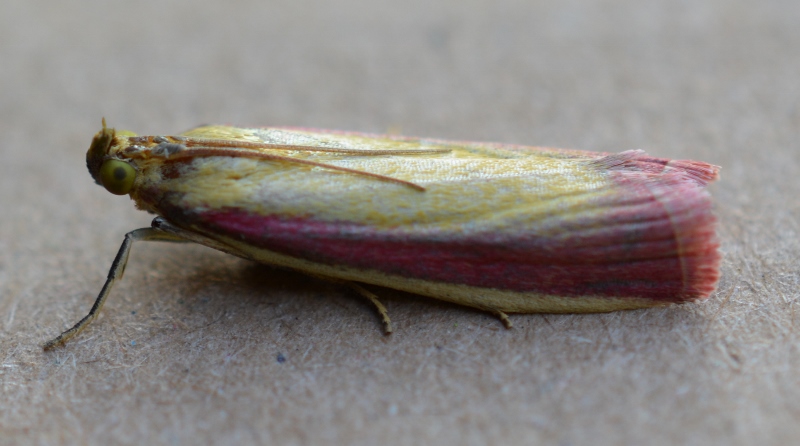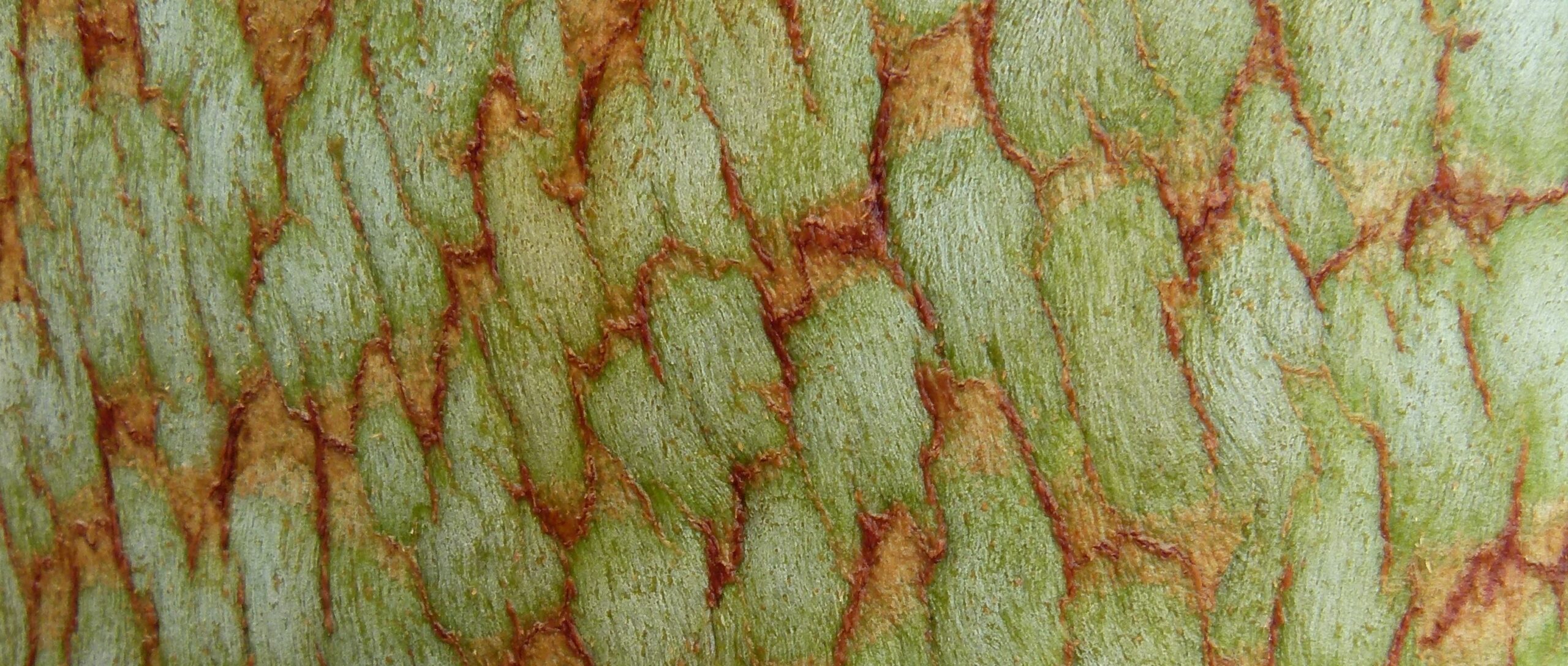
Invertebrates
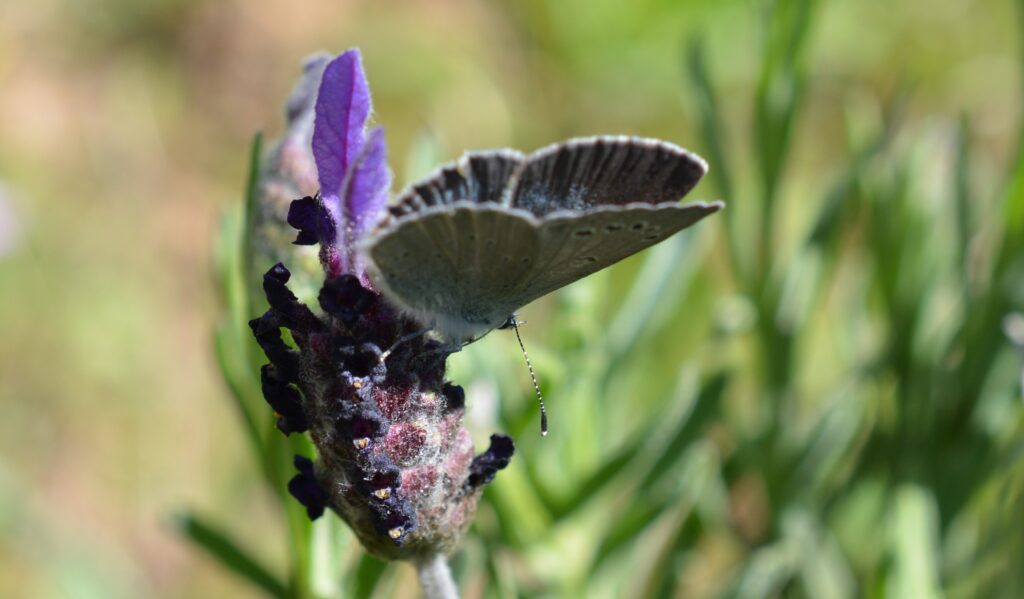
We provide training courses.
We run ecotourism trips.
We conduct scientific research.
For planning and development…..
We do surveys, reports, impact licences and mitigation.
We assess the potential of habitats to support invertebrates.
We conduct follow up surveys:
• Species inventories by sight.
• Various trapping methods (light traps, malaise traps, nets, sticky traps, bait traps).
Mitigation may include habitat protection or creation of new. Some invertebrates require a licence to allow impacts.
